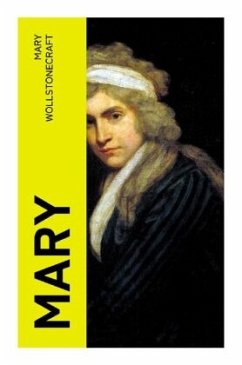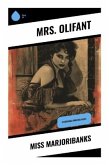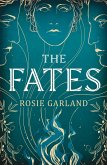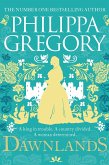In her novel "Mary," Mary Wollstonecraft crafts a poignant exploration of women's rights and the constraints imposed by a patriarchal society. Set against the backdrop of late 18th-century England, the narrative is characterized by Wollstonecraft's signature blend of philosophical discourse and emotional depth. Through the experiences of her protagonist, Mary, the reader is invited to reflect on themes of identity, autonomy, and moral integrity, which underscore the necessity of education and self-empowerment for women. Wollstonecraft's introspective style and incisive critique of societal norms position this work within the burgeoning feminist literature of her time, paving the way for future generations of thinkers and writers. Mary Wollstonecraft, a trailblazer in feminist philosophy and advocacy, is best known for her groundbreaking work, "A Vindication of the Rights of Woman." Her own life was marked by struggles against the limitations faced by women, providing her with firsthand insights into the inequities perpetuated by societal expectations. A passionate advocate for education and independence, Wollstonecraft's experiences inform her portrayal of Mary, making the narrative a compelling reflection of her ideals and struggles. For readers seeking a foundational text in feminist literature, "Mary" offers not only a gripping story but also a call to action for women's rights that remains resonant today. Wollstonecraft's deft prose and passionate advocacy inspire deeper contemplation of equity and justice in modern society. This novel is not merely a historical artifact; it is an enduring reminder of the fight for women's autonomy and an invitation to reflect on contemporary issues of gender and power.








